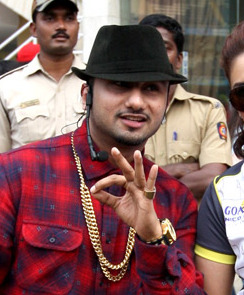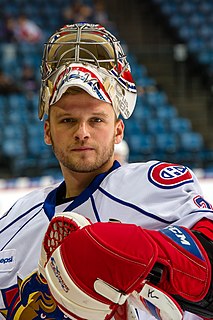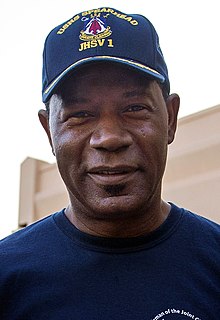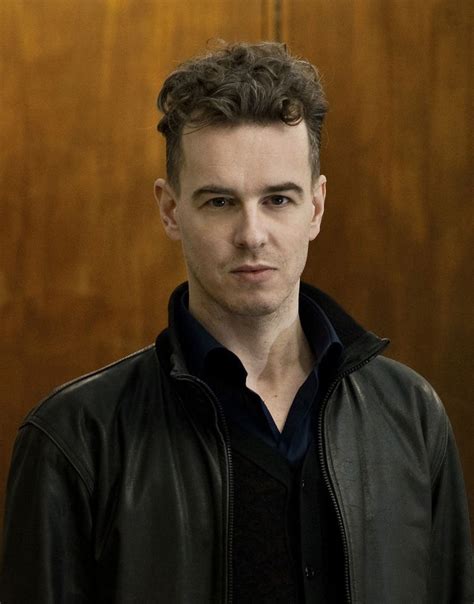A Quote by Max von Sydow
Film work can be very interesting, but it also can be awfully boring because who creates the film? The actors? No. It is the director. It's his piece of work.
Related Quotes
Every film you work on is different, and that's part of what it's like for anybody who works on a film, is to learn how to work with others. Learn from top to bottom. Actors have to learn how to work with the director and the director has to learn how to work with actors, and that's not just those two departments.
Film’s thought of as a director’s medium because the director creates the end product that appears on the screen. It’s that stupid auteur theory again, that the director is the author of the film. But what does the director shoot-the telephone book? Writers became much more important when sound came in, but they’ve had to put up a valiant fight to get the credit they deserve.
With a director it's all about the work; I'd work with a great director over - you know, I'm not the kind of actor who that doesn't go, 'I want to play this role.' It's more like, 'I want to work with this director,' regardless of what the role is because if it's a good director, you'll probably find a good role because it's a decent film. But a mediocre director will always make a mediocre movie.
Me and Kirby are very collaborative and it changes from film to film. The first project we worked on together, Derrida, we co-directed. The last film Outrage, I was the producer and he was the director. This film was much more of a collaboration - he is the director and I am the producer - but this is a film by both of us.
It's really quite an interesting dynamic. I wanted to play to the truth of who Manute was in the first film, while it's also a prequel and the originator [of the story]. It was an interesting dynamic to work with, definitely. I haven't seen the film yet, but the way it felt when I was doing it, it felt like it worked.
There is something that might be called cinematic beauty. It can only be expressed in a film, and it must be present for that film to be a moving work. When it is very well expressed, one experiences a particularly deep emotion while watching that film. I believe that it is this quality that draws people to come and see a film, and that it is the hope of attaining this quality that inspires the filmmaker to make his film in the first place.
Actors can be very precious about their work and their scenes, but I think good actors have a strong understanding of narrative and are very often not as precious about that stuff. They just can't be because they understand what makes for a better film, and that it's the job of the actor to work toward that, and then if you want you can go to acting class or workshops. But making movies is not workshops.
Because the writer must be a participant in the scene, while he's writing it — or at least taping it, or even sketching it. Or all three. Probably the closest analogy to the ideal would be a film director/producer who writes his own scripts, does his own camera work and somehow manages to film himself in action, as the protagonist or at least a main character.



































